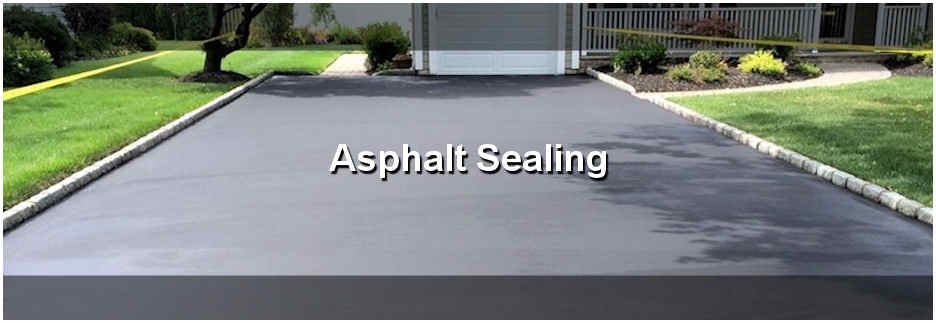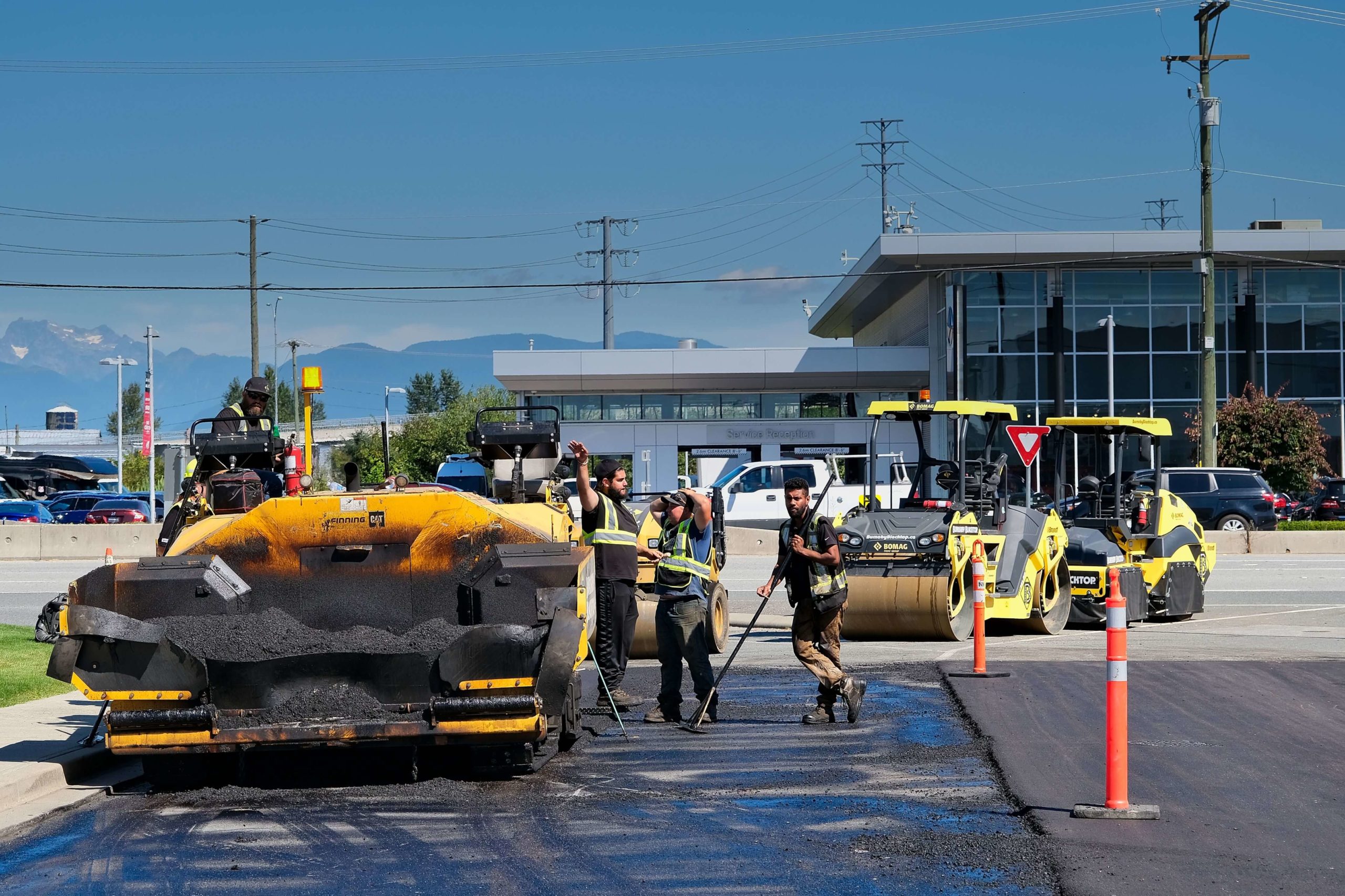Cold Mix Asphalt Vs. Hot Mix Asphalt: Which Is Right for You?

Composition Differences
Cold mix asphalt is produced by emulsifying the asphalt binder with water and an emulsifying representative prior to blending it with accumulation. The warm mix asphalt manufacturing process involves heating the aggregate and asphalt binder separately before integrating them at the asphalt plant.
Furthermore, cold mix asphalt often tends to be less dense and more flexible than hot mix asphalt. This adaptability makes it better suited for areas with higher degrees of activity, such as driveways or roads with heavy website traffic. In comparison, warm mix asphalt is recognized for its high sturdiness and resistance to rutting and splitting, making it a favored option for freeways and high-traffic roads where long life is critical.
Installment Process Variances
The process of mounting cool mix and hot mix asphalt exhibits notable variances in their needs and treatments. Cold mix asphalt, being an extra adaptable material, can be applied straight from the bag or container onto the split or damaged location. It needs minimal preparation job, such as cleansing the location and compacting the cool combine with hand tools. This makes it a convenient alternative for short-term and quick fixes. On the other hand, hot mix asphalt demands a much more sophisticated installation procedure. It involves warming the mix to heats prior to laying it down on an appropriately prepared base. The prep work includes condensing the base, applying a tack layer, and using hefty equipment like pavers and compactors for a sturdy and smooth surface. As a result of the heating needs, warm mix asphalt installations are generally accomplished by experts with specific equipment, ensuring a more structurally sound and irreversible result.
Resilience and Durability Variables
When considering asphalt options, sturdiness and long life are vital elements to examine for enduring sidewalk efficiency. Warm mix asphalt (HMA) is recognized for its extraordinary toughness and long life. The high temperature levels throughout the mixing and laying procedure permit much better compaction, causing a denser and stronger sidewalk framework. This causes HMA being a lot more resistant to rush hour loads, severe weather, and the impacts of aging compared to cold mix asphalt (CMA)
In regards to longevity, HMA generally outperforms CMA as a result of its remarkable strength and resistance buildings. HMA sidewalks have a longer service life, calling for less regular repair work and maintenance, which can translate to set you back financial savings in the future. In addition, HMA pavements are extra quickly customizable to satisfy particular task demands, better boosting their durability.
Price Considerations
Thinking about the financial effects is a crucial aspect when assessing the choice in between hot mix asphalt (HMA) and cold mix asphalt (CMA) for pavement projects. While the first price of hot mix asphalt is generally higher than that of cold mix asphalt, HMA often supplies an extra cost-efficient remedy in the lengthy run due to its remarkable sturdiness and long life.
In addition to material prices, it's crucial to web think about the costs connected with installment and maintenance when contrasting HMA and CMA. Eventually, the choice between HMA and CMA should take into account not simply the initial cost yet also the long-lasting economic ramifications to determine the most cost-efficient option for the certain pavement job.
Environmental Influence Comparison
Contrast of the environmental effects in between hot mix asphalt (HMA) and cool mix asphalt (CMA) reveals unique distinctions in sustainability practices. HMA manufacturing requires heats, bring about increased power intake and greenhouse gas emissions. The process additionally releases unpredictable organic compounds (VOCs) and harmful air toxins (HAPs) into the ambience. In comparison, CMA is produced and applied at lower temperatures, reducing energy usage and discharges significantly. The lower manufacturing temperature levels of CMA cause decreased fuel usage and reduced degrees of carbon dioxide exhausts, making it a more eco-friendly option.
Additionally, the usage of CMA usually entails recycling existing asphalt sidewalk, promoting read the article resource preservation and lowering the amount of waste sent out to landfills. By opting for CMA over HMA, roadway building projects can add positively to environmental preservation efforts.
Verdict
In verdict, the option in between cool mix asphalt (CMA) and hot mix asphalt (HMA) relies on different factors such as make-up, installation procedure, toughness, longevity, expense, and ecological impact. cold mix asphalt. While CMA uses a economical and fast service for small repairs, HMA guarantees remarkable durability and longevity for rush hour locations. Consider these elements meticulously to identify which kind of asphalt is the ideal selection for your paving requires

Considering the monetary effects is a vital facet when assessing the choice between warm mix asphalt (HMA) and cool have a peek at this site mix asphalt (CMA) for pavement jobs. While the preliminary price of hot mix asphalt is normally greater than that of cold mix asphalt, HMA commonly offers a more affordable remedy in the long run due to its premium toughness and durability. angle parking.Contrast of the ecological impacts between hot mix asphalt (HMA) and cool mix asphalt (CMA) exposes distinct differences in sustainability practices.In verdict, the choice in between cold mix asphalt (CMA) and warm mix asphalt (HMA) depends on different elements such as composition, installation process, sturdiness, longevity, price, and environmental effect